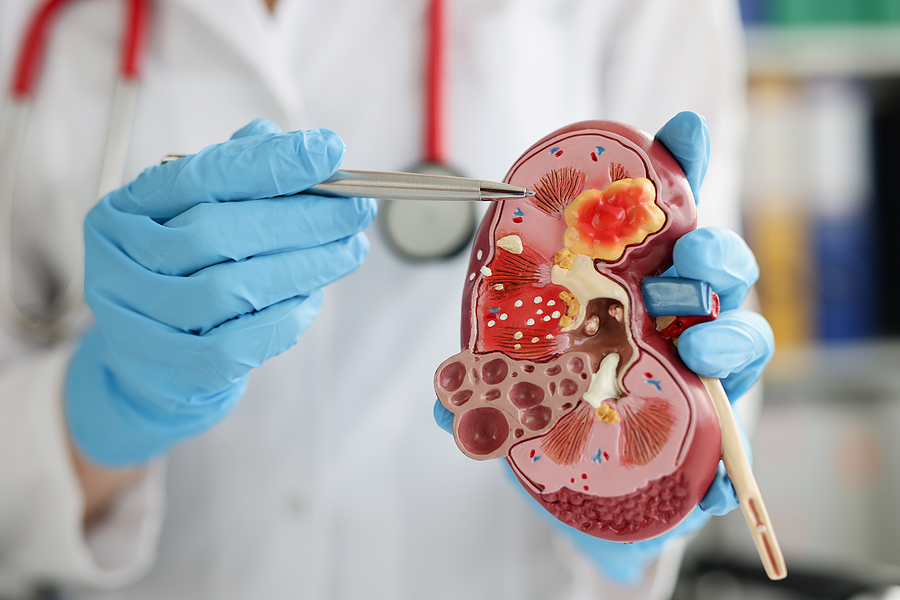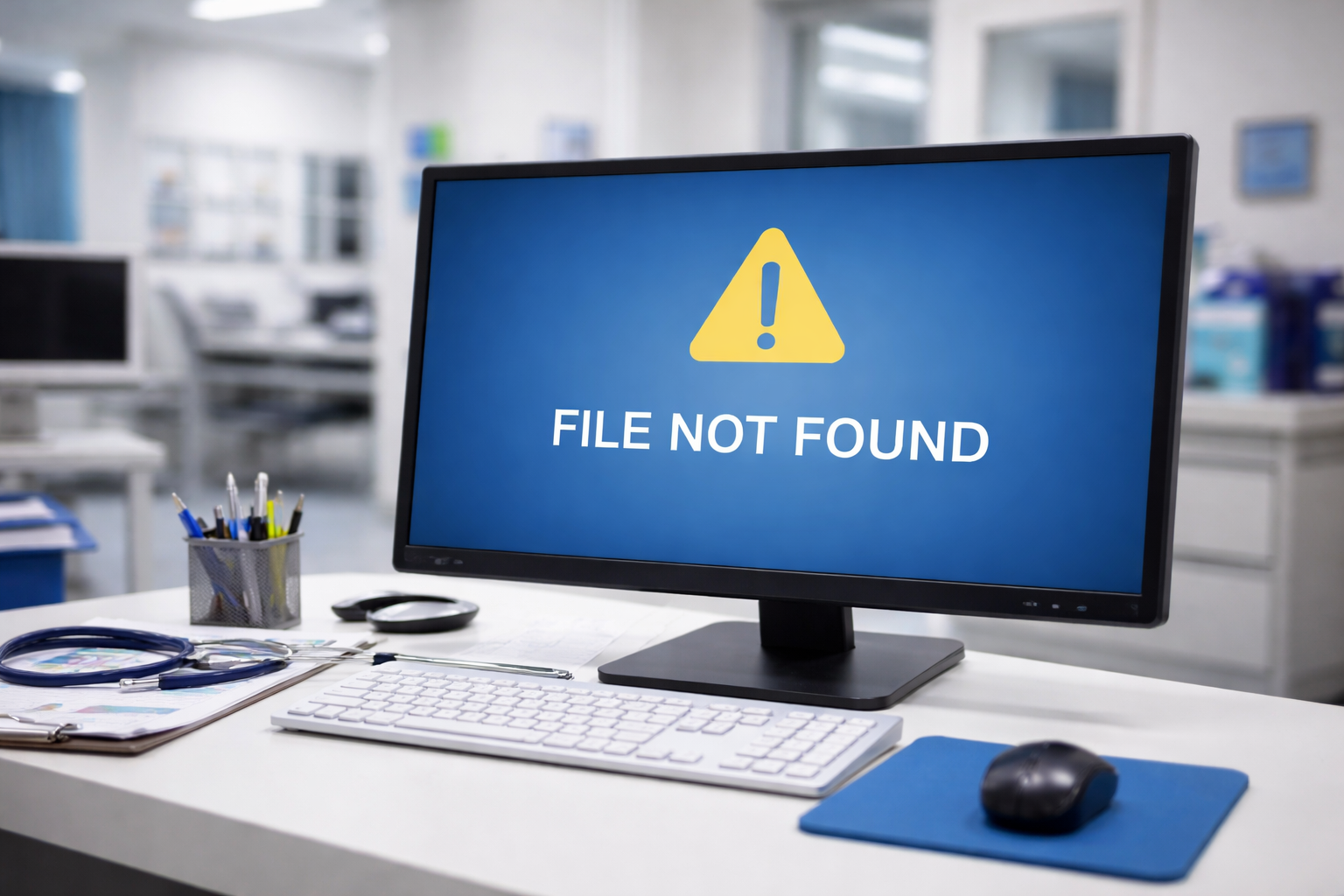CACI for Renal Cancer – Renal cancer describes a rather broad range of more specific diagnoses that give rise to tumor growth in the kidney. Within that range, renal cell carcinoma accounts for more than 80 percent of all kidney cancer, but itself includes six or more subtypes and does not simplify the discussion much for non-medical professionals.
Thankfully, when it comes to your medical certificate, you and your AME do not need to sort through different policies based on whether you were diagnosed with clear cell carcinoma as compared to a parenchymal epithelial tumor.
The FAA does not parse its certification decisions based on kidney cancer sub-types and its current policies reflect the great strides in survival rates seen over the past several decades.
The 5-year survival rate for those diagnosed with renal cell carcinoma has increased from about 34 percent in the 1950s to more than 75 percent based on statistics collected between 2012 and 2018 [1], [2]. For those with cancers confined only to the kidney, that survival rate is 93 percent [2].
Based on that data, the FAA’s certification policies revolve around three main questions:
- When was it diagnosed?
- Did it come back or spread outside the kidney?
- How was it treated?
Old and uncomplicated cases don’t matter much
As with many other conditions, the FAA considers certification decisions for renal cancer differently depending on the severity of the disease and when it was diagnosed and treated [3]. For cancers, they use five years as a dividing line.
If you finished treatment of your renal cancer more than five years ago and you have had no recurrence, then your AME can issue your medical certificate without any additional investigation.
Complicated cases are just that
Regardless of when your renal cancer was diagnosed, if it came back after you finished treating it the first time or it has spread – or metastasized – to somewhere in your body other than your kidney, your AME will be unable to issue your certificate.
For these types of more complicated cases, the FAA will need to review most of your treatment records related to the condition, your medication history, and current status reports that include detailed notes from your treating physicians and up-to-date laboratory and imaging studies.
You can still qualify for a special issuance if this situation applies to you, but it is best to work with a proficient AME or consultant who can help determine which medical records are necessary to provide.
Qualifying for a CACI
In between those extremes, your AME may be able to issue your certificate on the day of your exam based on their judgment and the quality of the documentation you take with you to the exam. Furthermore, the FAA has designated several Conditions AMEs Can Issues (CACIs) that allow AMEs to issue certificates for pilots with those conditions who would have historically been required to wait for full FAA review of their medical history.
For pilots with a history of renal cancer, your AME can issue your medical certificate on the day of your exam if you meet all of the following criteria:
- Your treating physician has documented that your condition is stable and has not recommended any new treatments or evaluation
- You have never been treated with chemotherapy
- You have had only one occurrence of renal cancer
- Your renal cancer has never extended outside the renal capsule
- Your renal cancer has never metastasized to other areas of your body
- You have never experienced stage 4 disease
- You have never been diagnosed with paraneoplastic syndrome
- If you have been treated with surgery, your surgeon has released you from further follow-up appointments and cleared you to resume all normal activities
- You have completed all treatments related to your renal cancer and are back to full, unrestricted activities
Even if you meet these criteria, not all AMEs will be comfortable issuing your certificate. Remember that an FAA flight physical is not like other visits to your doctors. It is an examination in the same sense as a check ride.
You will need to prepare for it ahead of time, collect the right documentation, and be able to discuss your medical history in more detail than you might be used to.
How to find out more
Many AMEs offer consultation appointments separately from certification exams. Moreover, when you know your medical certificate will require more time than your AME usually spends on uncomplicated certifications, it may be a good idea to schedule some time before your exam to go over your situation.
If the AME you meet with does not inspire you with confidence, you can use our directory to find an AME in your area that other pilots have reviewed favorably. The day of your flight physical is not the time to figure out that your AME is uncomfortable navigating the FAA’s CACI program.
We also offer free 15-minute consultations at Wingman Med that allow you to ask questions about your specific situation and figure out the best way to pursue your certification.
Above, all whatever you do, make sure you understand the process completely before you schedule your flight physical. The FAA has made the certification process much more efficient over the last several years, but the way you and your AME choose to navigate it can change the time it takes your certificate by months or even years. A little preparation will go a long way.
References
[1] A. J. Pantuck, A. Zisman, and A. S. Belldegrun, “The changing natural history of renal cell carcinoma,” J. Urol., vol. 166, no. 5, pp. 1611–1623, Nov. 2001.
[2] “Cancer of the Kidney and Renal Pelvis – Cancer Stat Facts,” SEER. https://seer.cancer.gov/statfacts/html/kidrp.html (accessed Apr. 16, 2023).
[3] “Guide for Aviation Medical Examiners | Federal Aviation Administration.” https://www.faa.gov/ame_guide/app_process/exam_tech/item41/amd/nd/renal (accessed Apr. 16, 2023)
Follow us on Facebook.com/wingmanmed





